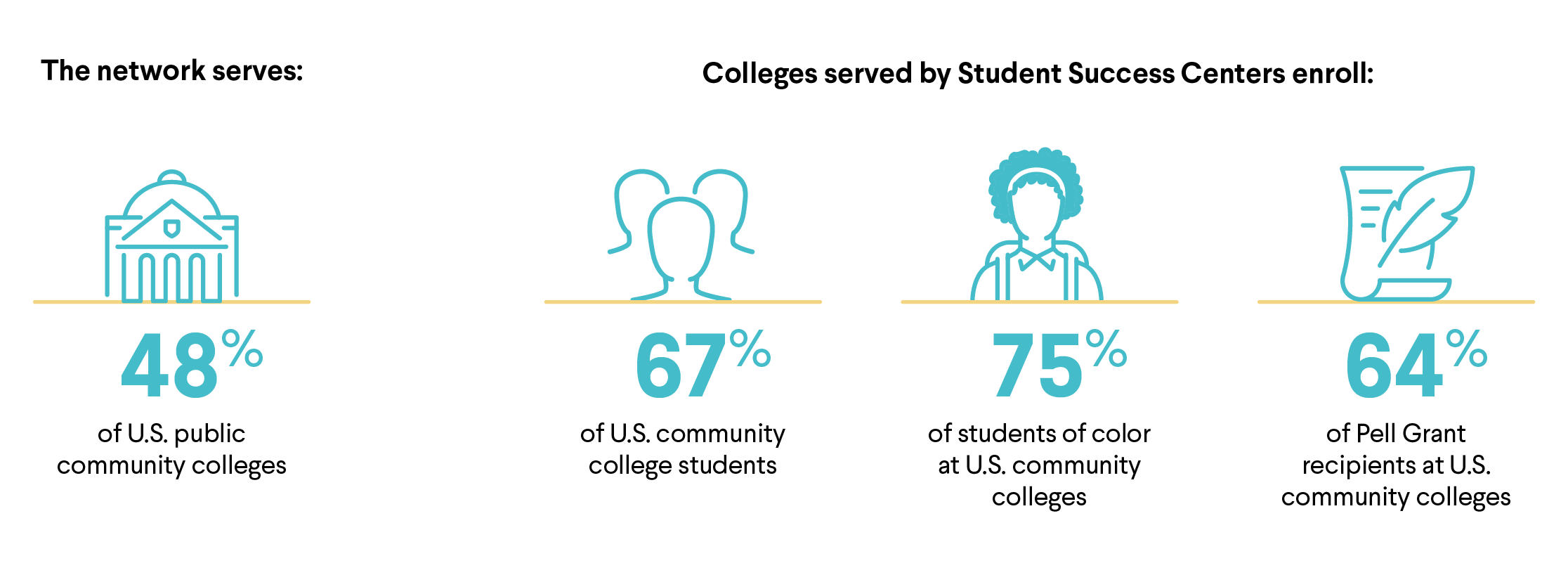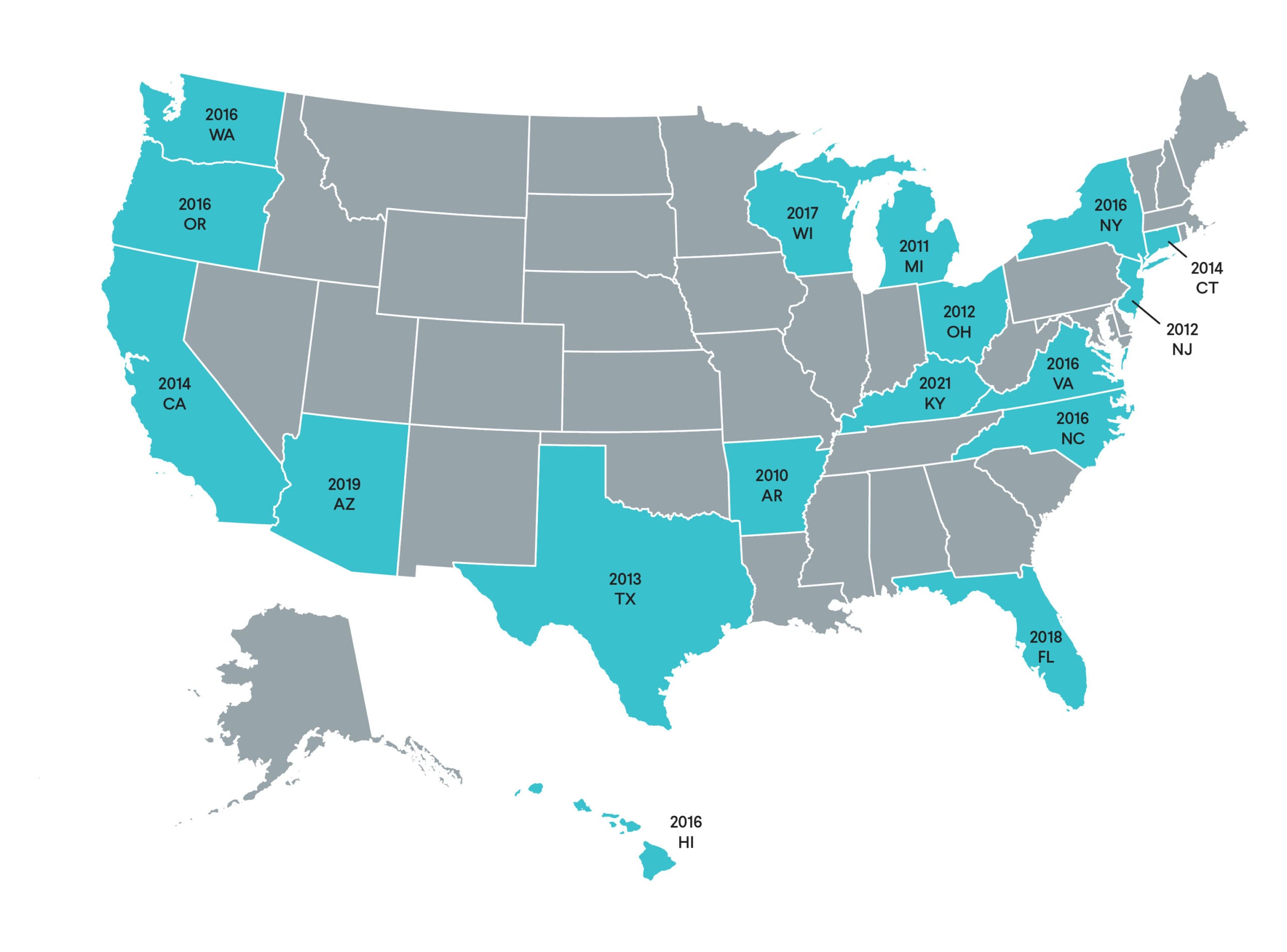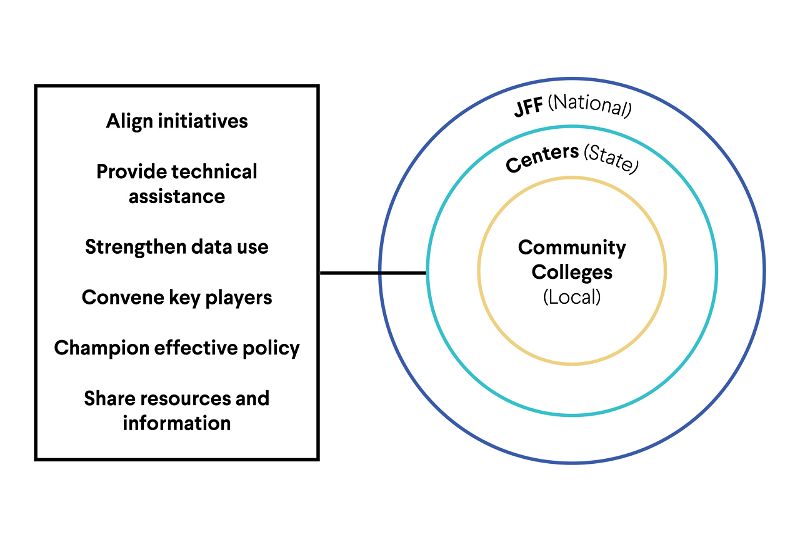
Guided Career Pathways Framework
Dramatic disruptions in our labor market and economy require a responsive and dynamic model for postsecondary education. The lines between learning and work are fading as people find that they must continually develop new skills…







